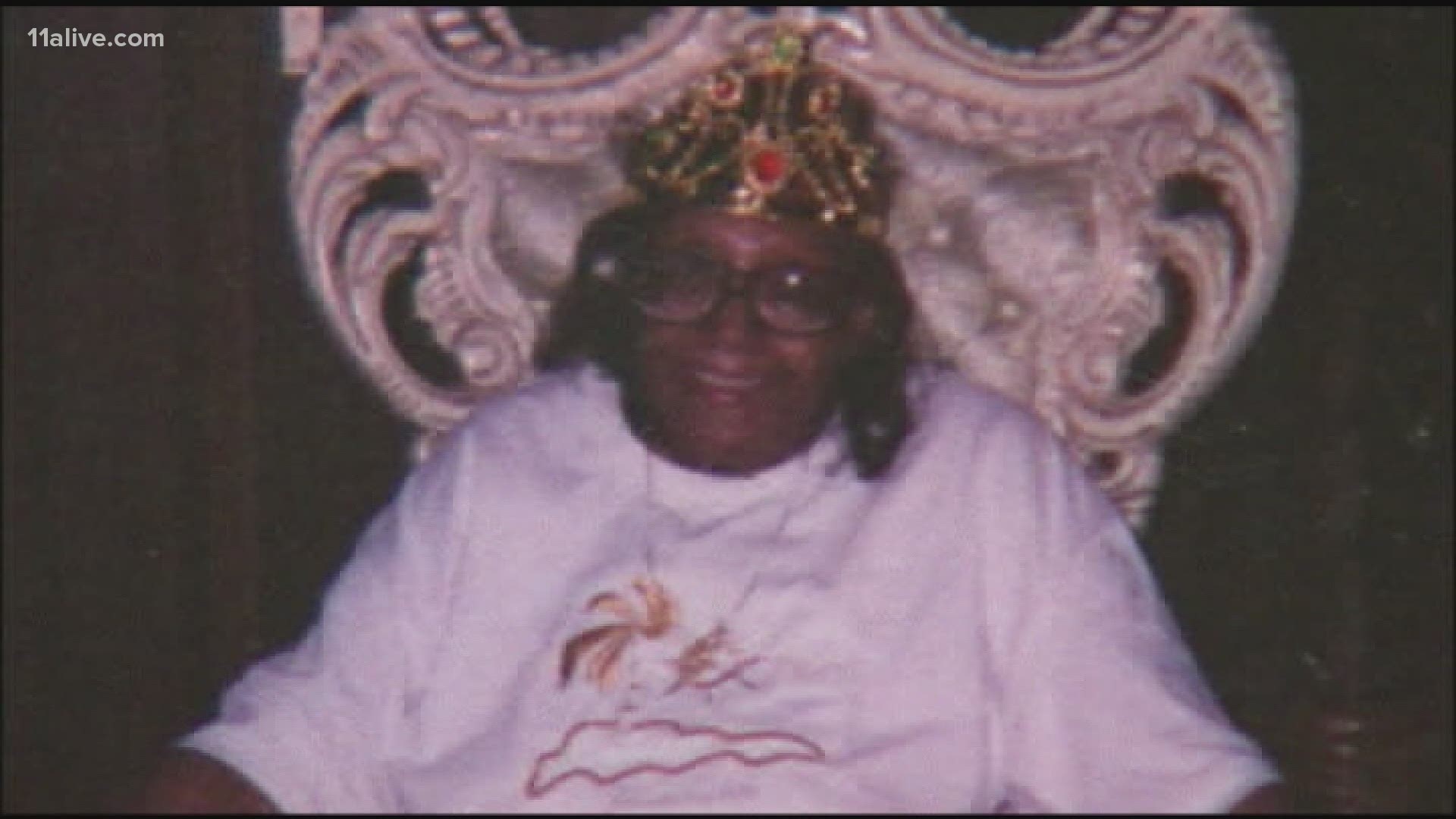ATLANTA — The outrage over the Breonna Taylor case is stirring up memories of a similar one in Atlanta.
Fourteen years ago, Atlanta Police officers shot and killed 92-year-old Kathryn Johnston when serving a no-knock warrant at her home.
But, it was the wrong house.
"The tragedy that happened to Breonna reminds me so much of the night Kathryn Johnston was killed," said the Rev. Markel Hutchins.
Two days before Thanksgiving day in 2006, Atlanta Police officers burst into the northwest Atlanta home of the elderly woman. Frightened, she grabbed her pistol and shot once to protect herself. Police returned fire 39 times, hitting her six times – killing her.
Today, those close to the case said they see similarities between Johnston’s death and the death of Breonna Taylor, calling the two incidents saddening and maddening.
Officers entered Johnston’s home on a no-knock drug warrant based on bad information. The officers tried to cover up their bad acts by planting drug evidence in the home.
"The truth of the matter is it was the process; it was policy and procedure that killed Kathryn Johnston and it was the same thing for Breonna Taylor," said Hutchins who once served as Johnston's family spokesperson.
Unlike Breonna Taylor’s case, the three officers who entered Johnston’s house were all arrested and convicted on federal charges. Hutchins said their method for action more than a decade ago was different from what we've seen in Taylor's case.
"In the Kathryn Johnston case, we did not lead one march there was not one protest that was necessary because we were able to negotiate and deliberate," said Hutchins.
There is still an active federal investigation in Taylor’s case which could lead to charges for the officers.
Hutchins believes Taylor’s death presents a new opportunity for systemic change.
"We have to focus on the solutions and not just being angry and upset; at some point, you have [to] turn your pain into power and that’s what I think this moment calls for us to do," he said.

